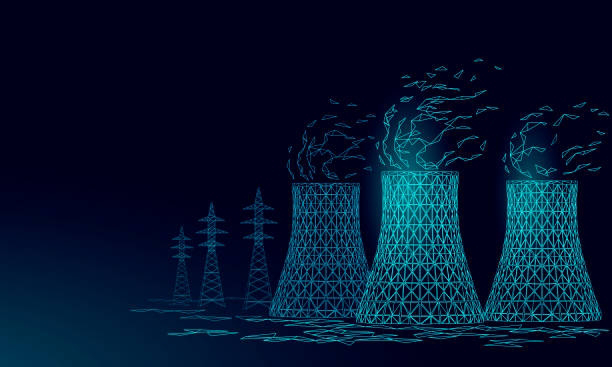What is air pollution?
Air pollution is the presence of harmful substances in the Earth's atmosphere that can have negative effects on the health of living organisms and the environment. These pollutants can come from natural sources like dust, smoke from forest fires, and volcanic ash, or from human activities like industrial processes, transportation, and energy production. The most common air pollutants include particulate matter, nitrogen oxides, sulfur dioxide, ozone, and carbon monoxide. Air pollution can cause respiratory problems, cardiovascular disease, and other health issues, as well as harm crops and other ecosystems. It is a major global environmental problem that requires collective action to address.
What are the sources of air pollution?
There are many sources of air pollution, both natural and human-made. Some of the most common sources include:
Transportation: Vehicles such as cars, trucks, buses, and airplanes emit pollutants such as nitrogen oxides, carbon monoxide, and particulate matter.
Industrial activities: Factories, power plants, and other industrial processes emit large amounts of pollutants, including sulfur dioxide, nitrogen oxides, and particulate matter.
Agriculture: Pesticides and fertilizers used in farming can release pollutants into the air, as can livestock manure and other animal waste.
Construction and demolition: Dust and other pollutants can be released into the air during construction and demolition activities.
Natural sources: Forest fires, volcanic eruptions, and dust storms can release large amounts of particulate matter and other pollutants into the air.
Indoor sources: Household cleaning products, tobacco smoke, and cooking with certain fuels can release pollutants into the air inside buildings.
Overall, the sources of air pollution are numerous and diverse, and reducing their impact requires a combination of individual and collective efforts.
What are the effects and how we can control air pollution?
Air pollution can have a wide range of negative effects on human health, the environment, and the economy. Some of the most significant effects include:
Respiratory problems: Air pollution can cause or exacerbate a variety of respiratory problems, including asthma, chronic obstructive pulmonary disease (COPD), and lung cancer.
Cardiovascular disease: Exposure to air pollution can increase the risk of heart attack, stroke, and other cardiovascular problems.
Environmental damage: Air pollution can harm plants and animals, damage forests and crops, and contribute to climate change.
Economic costs: Air pollution can result in increased healthcare costs, reduced productivity, and other economic impacts.
To control air pollution, it is important to take action on both individual and collective levels. Some strategies for reducing air pollution include:
Use public transportation or carpooling: Reducing the number of cars on the road can significantly reduce emissions from transportation.
Use energy-efficient appliances and light bulbs: Using appliances and light bulbs that consume less energy can reduce emissions from power plants.
Reduce, reuse, and recycle: Reducing waste and reusing or recycling materials can reduce emissions from landfills and other sources.
Use clean energy sources: Switching to clean energy sources like wind, solar, and hydropower can reduce emissions from power plants.
Use environmentally friendly products: Using environmentally friendly products, including cleaning products and personal care items, can reduce emissions from indoor sources.
Support government policies and regulations: Supporting policies and regulations aimed at reducing emissions from industry, transportation, and other sources can have a significant impact on air quality.
By taking action on these and other fronts, we can work to control air pollution and protect human health, the environment, and the economy.





























